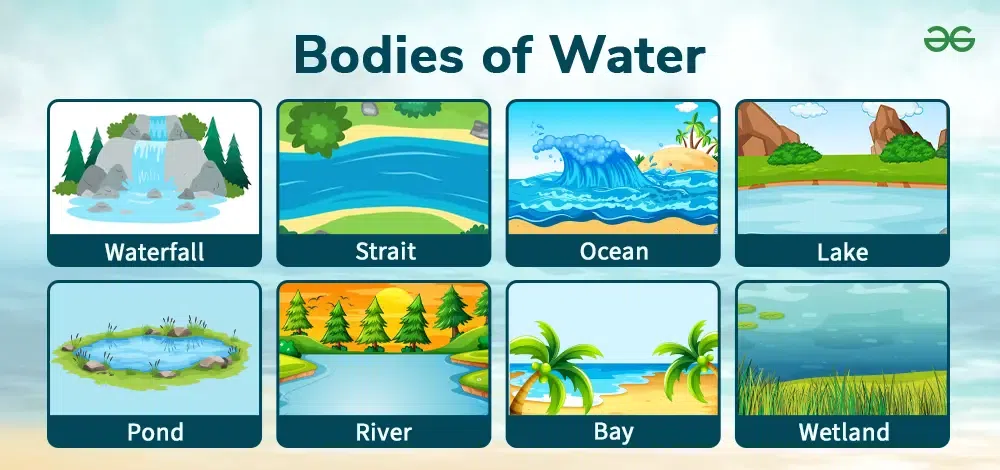Fastest run, every run

I shared a post with my reflections from “The Inner Game of Tennis” a few weeks back. Rebecca, a long time reader, had her reflections stuck in her drafts. Thankfully, she found that note and sent it over. I immediately asked for her permission to share this as it changed my perspective.
Thank you, Rebecca, for sharing.
I was a very intense competitive ski racer when I was younger and I remember a single interaction with a coach on a recruiting visit (it’s the only convo we ever had) that changed literally everything for me. He told me that his absolute best racer often had the slowest times in training… until the last 2-3 runs when he would really go for it and beat everyone. Before that, he was testing. Trying. Playing.
I had always been on the “FASTEST RUN, EVERY RUN” train (as are most ski racers) and I remember thinking — oh wow, I could make this whole run about “what if I started turning earlier” or “what if I only focused on the one really hard turn” or “what if my hands were in a different position than usual” — and, shocking to me — there were no consequences to this “play.” And, with practice, I found that I was actually able to make progress on some of the issues that always plagued me (hands too low, line too aggressive). Sometimes I’d just pick a descriptor and try to ski like that (what if I skied like a river? like a zebra? like a hummingbird?)
I try to keep this play testing in mind and make it into a game whenever I’m teaching kids anything.
Okay, we’re kicking the soccer ball — let’s kick the ball 5 different ways (making some of them really goofy) — with our toe, with our inseam, with the bottom of our foot, backwards, etc. Then let them pick one to work on — okay, let’s kick the ball like a hummingbird! Now like a lion! How’d that feel? And by trying a lot of different things they get a much stronger feeling for what happens when you touch the ball than just “kicking it” the same number of times.
As the adult / coach / parent / aunt, I see my role as demonstrating play and testing, always pointing out when I ‘mess up’ and when I have a breakthrough. Basically, I see my style as keeping it very light hearted, while retaining a degree of focus.
Your post today reminded me of that conversation. I bet that coach has no idea what an impact he had (sadly, I can’t recall his last name and he’s long left the school…). Another good lesson to remember — you often have no idea of the ripples you leave behind, for better or for worse.




.jpg)





